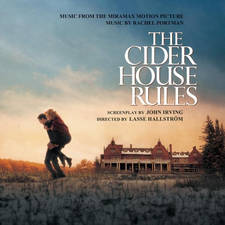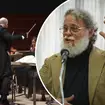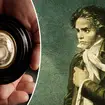Beethoven's music: John Suchet explores the Archduke Trio
Considered by many - including John Suchet - to be Beethoven's most beautiful Piano Trio, Archduke Trio marked a turning point in the composer's performing public life
The most beautiful of all Beethoven’s Piano Trios, and one that holds a poignant place in his life. At its first public performance Beethoven insisted on playing the piano part, although his hearing was now (1814) seriously defective. The composer and violinist Louis Spohr reported:
It was not a good performance. In the first place the piano was badly out of tune, which was of little concern to Beethoven because he could not hear it. Secondly, on account of his deafness, there was scarcely anything left of the virtuosity of the artist which had formerly been so greatly admired. In forte passages the poor deaf man pounded on the keys till the strings jangled, and in piano he played so softly that whole groups of notes were omitted, so that the music was unintelligible. I was deeply saddened at so harsh a fate. It is a great misfortune for anyone to be deaf, but how can a musician endure it without giving way to despair? From now on Beethoven’s continual melancholy was no longer a riddle to me.
Beethoven knew it too. Apart from one more performance a few weeks later, he never performed in public again. Listen to the glorious slow movement of the Archduke Trio knowing that, and it will carry a whole new meaning.


























